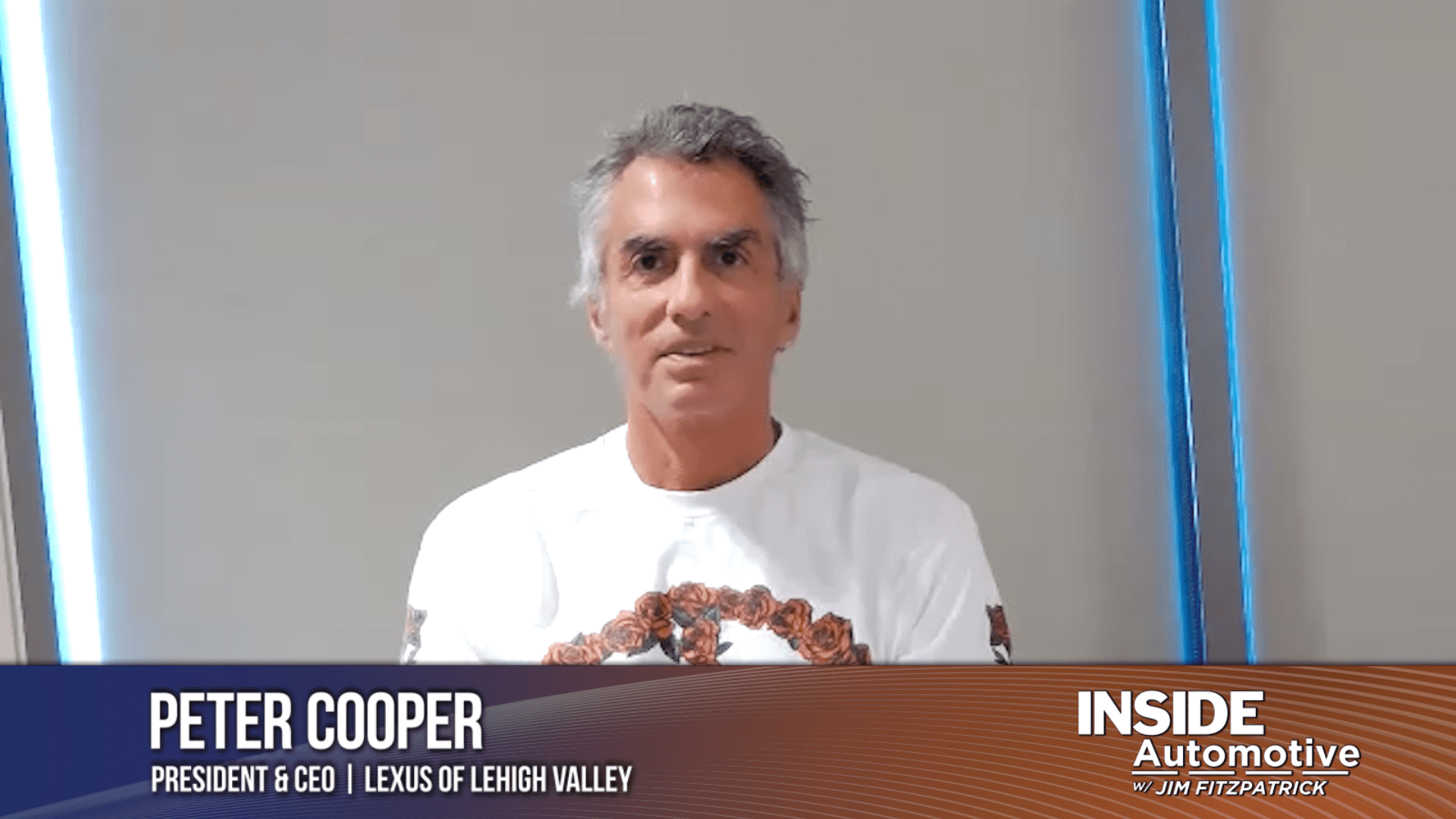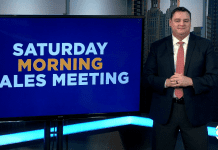Digital and dealership advertising are crucial topics for auto professionals to understand. Mia Phillips is the Senior Manager of Advertising and Media at Lexus. For the last three years, she has overseen the automaker’s projects in broadcast TV, film, print, social media and more. Her chief purpose is to ensure the right content shows up on the right channels at the right time, and she is an expert in helping businesses, large or small, create successful campaigns. On this edition of Inside Automotive, Jim Fitzpatrick sits down with Phillips to discuss dealership advertising and what readers can learn from Lexus’s advertising strategies.
Advertising has evolved significantly over the years. While straying from generic marketing wisdom was once sacrilege, businesses learned that if they wanted to keep customers invested in their business they would need to keep their branding in lockstep with social and cultural changes. It is no coincidence that companies often change their logos, aesthetics or target demographic simultaneously: it is the result of accurate market research and adaptable strategies.
Lexus is no stranger to adaptable marketing. The company has pioneered unique and entertaining advertising for years. The automaker has an authentic relationship with its audience and a proven track record of reaching often-overlooked members of American society.
However, such authenticity is difficult to come by. After the death of George Floyd, many companies were caught with their pants down as they frantically rearranged their marketing to accommodate the increased social scrutiny. Even auto retailers witnessed their dealership advertising practices come under fire. For Lexus, however, it was business as usual. Rather than being caught off-guard, the automaker’s marketing team was already primed to face the public. “What the George Floyd tragedy did was…make us more resolute that we were doing the right thing, and had been doing the right thing…” explains Phillips.
 |
This is because the automaker’s chief marketing strategy is to resonate with its consumers. Different demographics engage with media in different ways, and there is no longer any excuse to overlook minority communities. The automaker has found that meeting different audiences on their preferred platforms with messages they connect with is the best way to raise awareness of their products, and the brand has a content library filled with homages to LGBTQ+, Black American and Asian American communities. The company’s recent partnership with Marvel, which Phillips personally oversaw, is a perfect example of its multicultural, tailored approach. The commercial and associated webpage feature characters from the Black Panther franchise conducting their superhero business at the helm of a sleek Lexus RZ450e. The ad serves as a model for inclusivity and tailored marketing.
Auto-retail professionals may ask what the benefit of this information is to their dealership advertising efforts. It is an excellent question, as traditional dealership advertising has prioritized sales and promotions, a goal that seems impossible with the current ratio of supply and demand. Automakers have also had to navigate the changing economic landscape, developing strategies to promote their business with a frugal inventory. However, Phillips believes that advertising is more than a method to raise quarterly profit margins. Instead of focusing on sales, Phillips encourages dealerships to focus on branding, not only as a Lexus retail outlet but as a small business. Brand-focused marketing doesn’t always translate into immediate sales, but instead raises awareness, generates leads and ensures customers recall their local dealer when they do decide to purchase a vehicle. The same rules mentioned before apply here as well. Reaching overlooked groups with inclusive messaging is just as essential for dealers as it is for corporate manufacturers.
Lexus owes its impressive marketing history to the savvy habits of its marketing team and its knowledgeable dealerships. By seeing its consumers as more than numbers in a spreadsheet, the company has connected with its audiences and spread its core messages throughout the changing consumer environment. Auto professionals only stand to benefit from studying the company’s wealth of content and applying what they learn to their dealership advertising efforts.
Did you enjoy this interview? Please share your thoughts, comments, or questions regarding this topic by connecting with us at newsroom@cbtnews.com.
Be sure to follow us on Facebook, LinkedIn, and TikTok to stay up to date.
While you’re here, don’t forget to subscribe to our email newsletter for all the latest auto industry news from CBT News.







